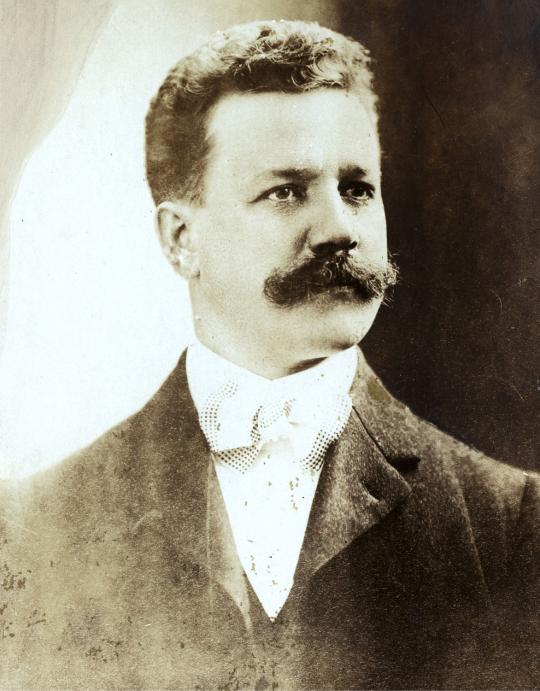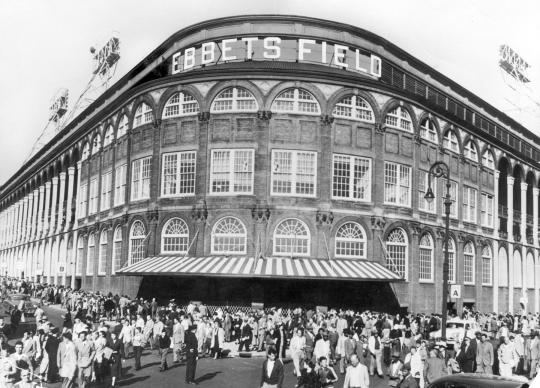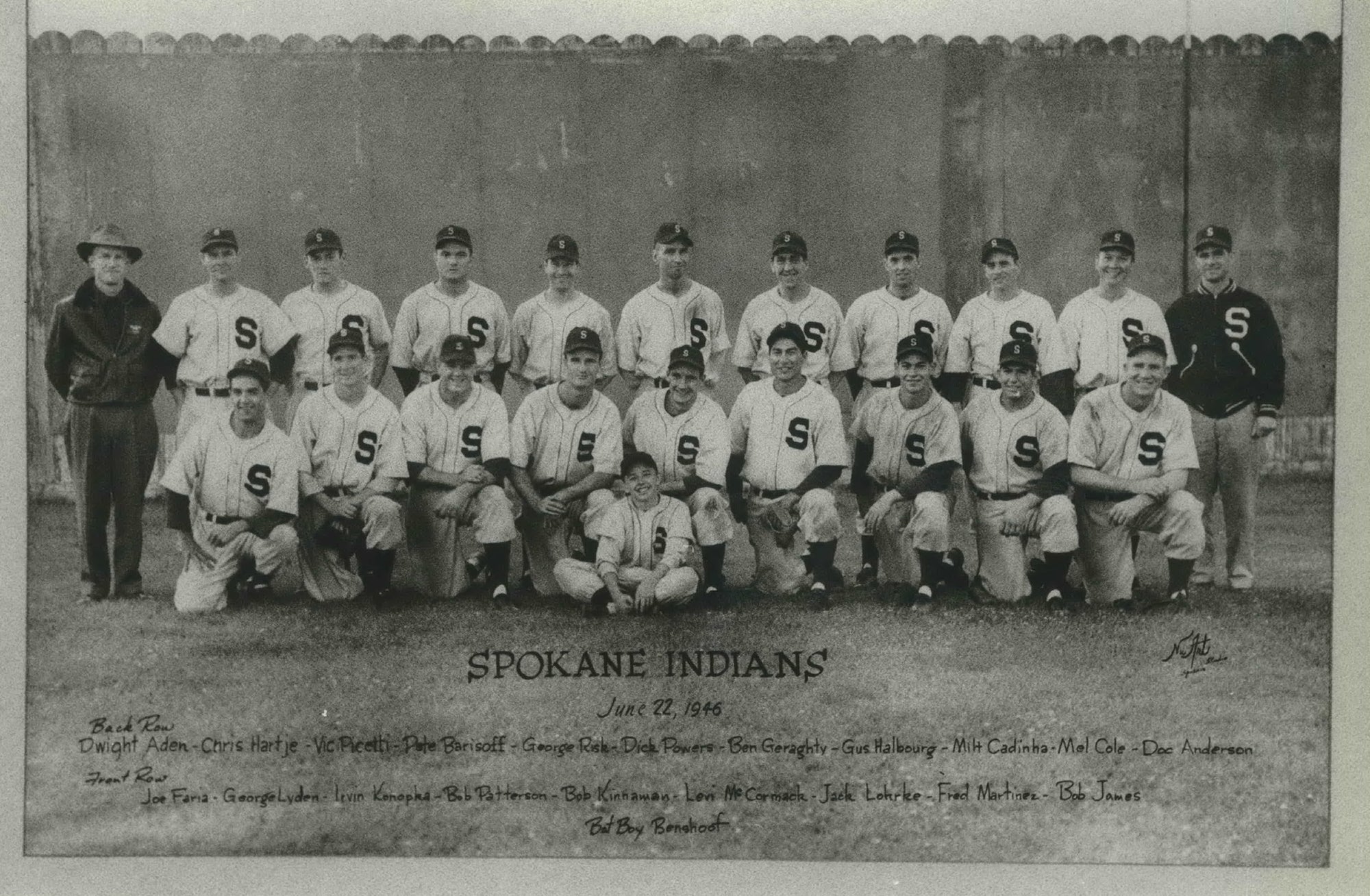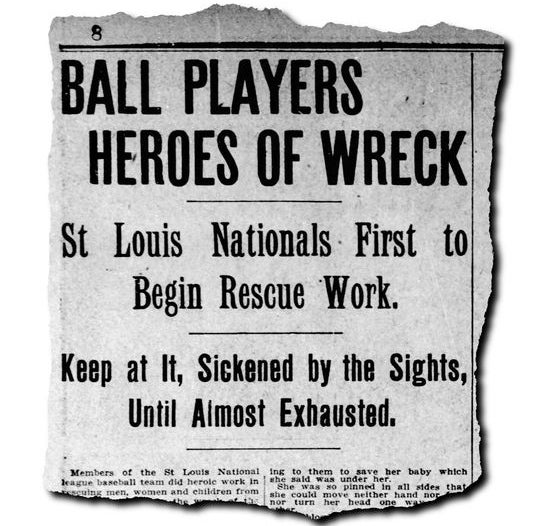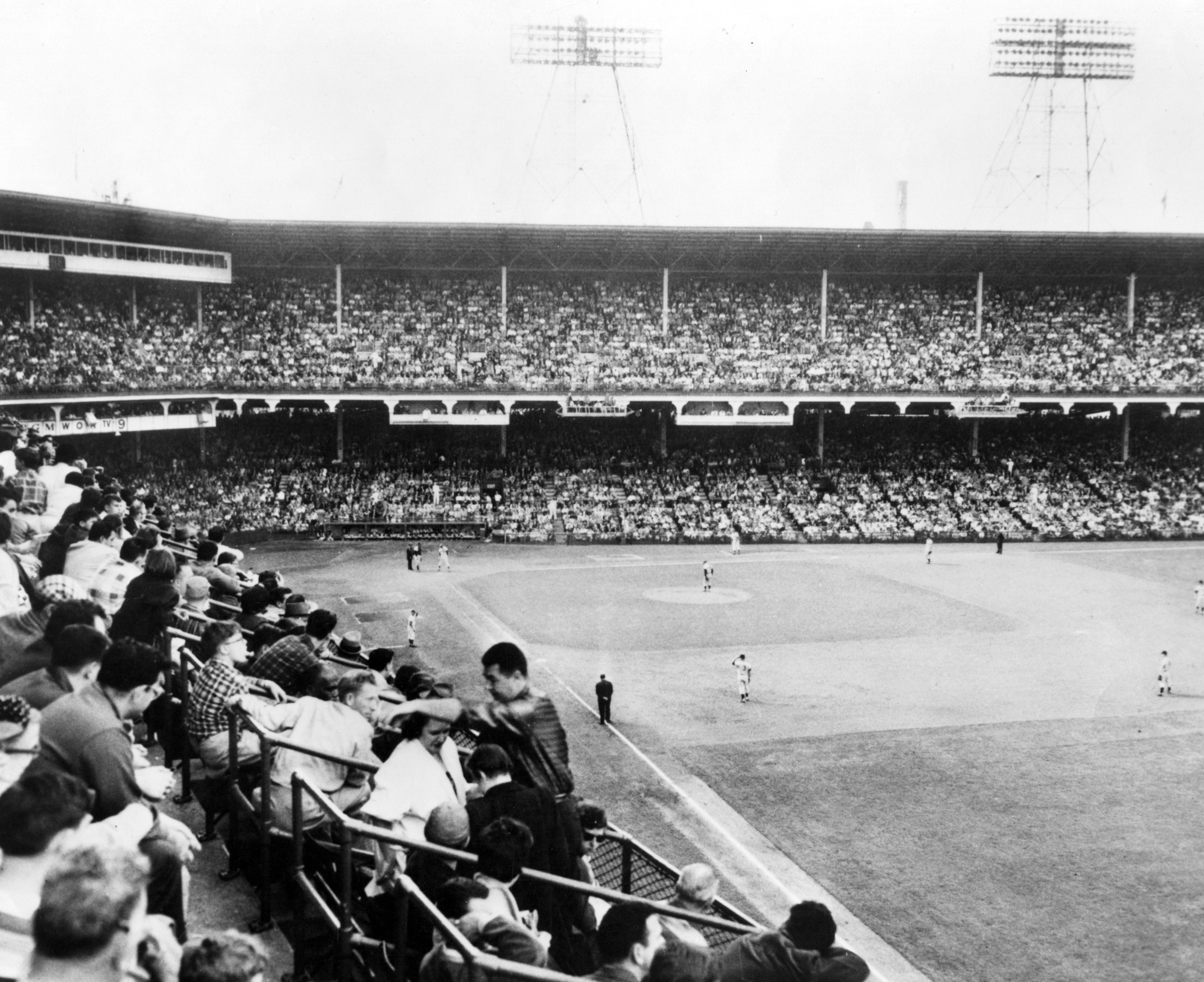- Home
- Our Stories
- Charles Ebbets and the Malbone Street wreck
Charles Ebbets and the Malbone Street wreck
Charles Ebbets’ name remains one of the most well known in baseball annals. But if not for his tendency to be a little long winded, Ebbets may have touched history in another way – as one of the victims of what is often considered the deadliest train crash ever in America.
It was Nov. 1, 1918, and the owner of the Brooklyn Robins – the forerunner to the more familiar Brooklyn Dodgers – was giving a speech in support of the War Savings Stamp Campaign. This was during a time when an influenza pandemic was at its most deadly point and The Great War raged in Europe. But the shocking event that happened on that Friday night in New York City shared newspaper front pages with world events.
Charles Hercules Ebbets was involved in the game of baseball for more than four decades, a man who worked his way up the ladder from ticket taker to the turn-of-the-century owner of Brooklyn’s National League team. Best known today as the namesake for Ebbets Field, the legendary home of the “Boys of Summer” Brooklyn Dodgers, the “Squire of Flatbush,” as he was affectionately known to local baseball fans, became president of the ballclub in 1898, and eventually, thanks to purchasing stock in the club, gained total ownership control in 1909.
Despite the financial ramifications, Ebbets released a statement in January 1918 that it was more important to win the war than to continue with the upcoming big league season.
“The world’s war conditions and our participation therein do not warrant anyone connected with baseball being a pessimist,” said Ebbets, who the previous season set up a military recruiting station in one of the rooms in the business offices at Ebbets Field. “From a Brooklyn viewpoint, a half-dozen of our players and 50,000 young men of the borough, a great majority being baseball enthusiasts, have joined the colors, thus affecting the artistic and supporting departments of professional baseball; nevertheless, I am proud of the Brooklyn contingent in doing their duty and am optimistic enough to believe everything is for the best and that Brooklyn will have done its share to win the great victory for worldwide democracy.
“Baseball will keep pace with war conditions, doing its bit from all angles, and when the war is over will be more firmly entrenched in the hearts of the American public.”
Given Ebbets’ patriotic views regarding World War I, it comes as no surprise that his schedule included a speech on Nov. 1, 1918, to raise public support and funds for the war effort. As was typical for the times, he was one of thousands across the country that became “four-minute speakers” in war campaigns. But as was his want, he sometimes talked for up to an hour. On this occasion, that trait would save his life.
After a long work week, approximately 650 passengers paid the five-cent fare and packed themselves into a Brooklyn Rapid Transit train for the rush hour ride home on Nov. 1. The train, made up of five outdated wooden cars, left Manhattan and headed over the Brooklyn Bridge before it eventually, at around 6:42 p.m., passed Ebbets Field, jumped the track on Flatbush’s Malbone Street and rammed into a concrete abutment as it rounded a sharp curve. Estimates suggest around 100 riders died and another 250 were injured. Most of the fatalities were attributed to skull fractures.
In what became known as the “Malbone Street Wreck,” it was later learned that an inexperienced motorman was at the helm of the train and took the curve at close to 30 miles per hour and not the posted 6 mph.
As for Ebbets, because he talked so long, he missed the infamous train back to Ebbets Field.
As the Brooklyn Times Union explained in next day’s newspaper, “For a long time last night, Charles Ebbets Jr. was very uncertain as to the fate of his father, the president of the Brooklyn baseball club. The young man was to have met his father at Ebbets Field about the time the collision occurred.
"He feared that the elder Ebbets might have been on board the ill-fated train. The young man, after working the telephone for an hour or so, was finally able to get tidings of his father.
“The young man then threw open Ebbets Field for the treatment of the less seriously injured. About 50 of those not badly injured were attended there by physicians who had volunteered for this work.”
Because the train wreck was near Ebbets Field – a steel and concrete stadium built in 1913 on a site bounded by Sullivan Place, Bedford Avenue, Cedar Place and Montgomery Street – it was used as a triage location because area hospitals were overwhelmed with victims of the so-called “Spanish Flu.”
It was also reported at the time that some of the dead bodies, wrapped in burlap bags, were taken to the lobby of the grandstand at Ebbets Field.
When Ebbets passed away in 1925 at the age of 65, National League President John Heydler said: “Mr. Ebbets was probably the best beloved man in baseball, not only in his own league, but in other leagues as well. He was highly regarded everywhere and stood for the best interests of the game.”
On the day of Ebbets’ funeral, no games were played in the National League.
Bill Francis is the senior research and writing specialist at the National Baseball Hall of Fame and Museum

